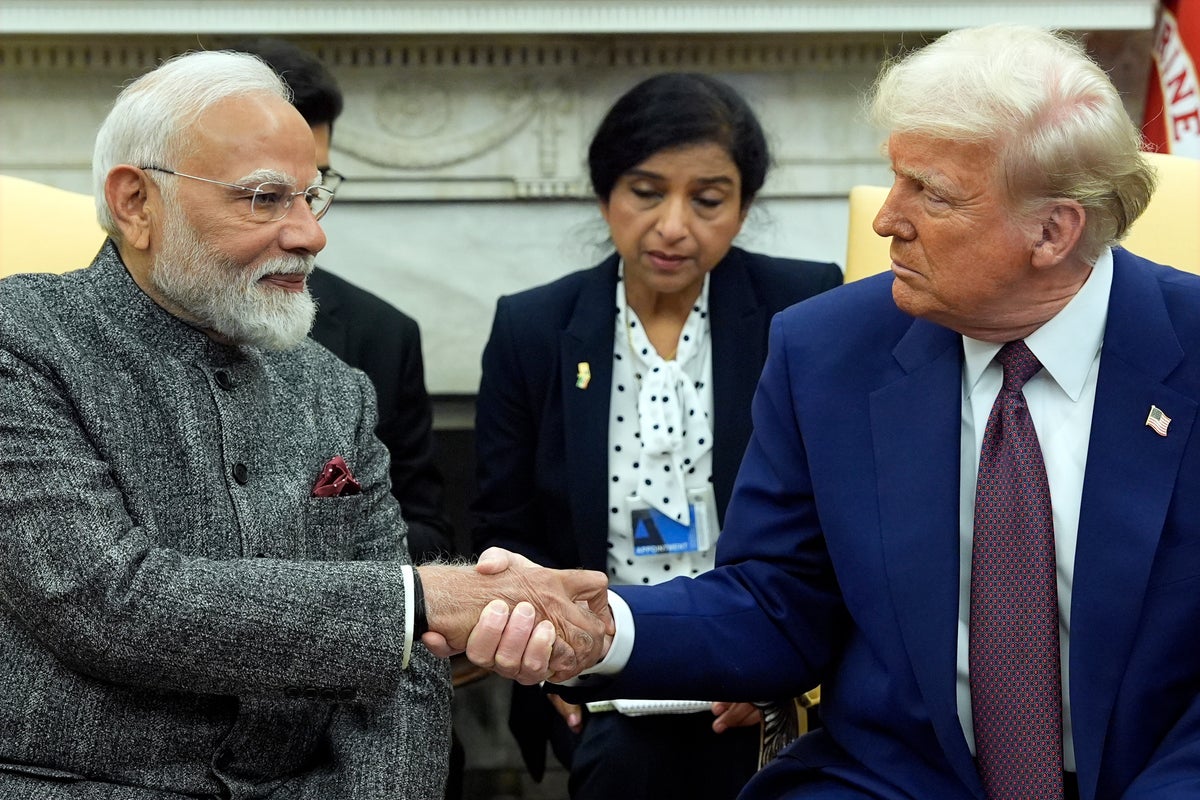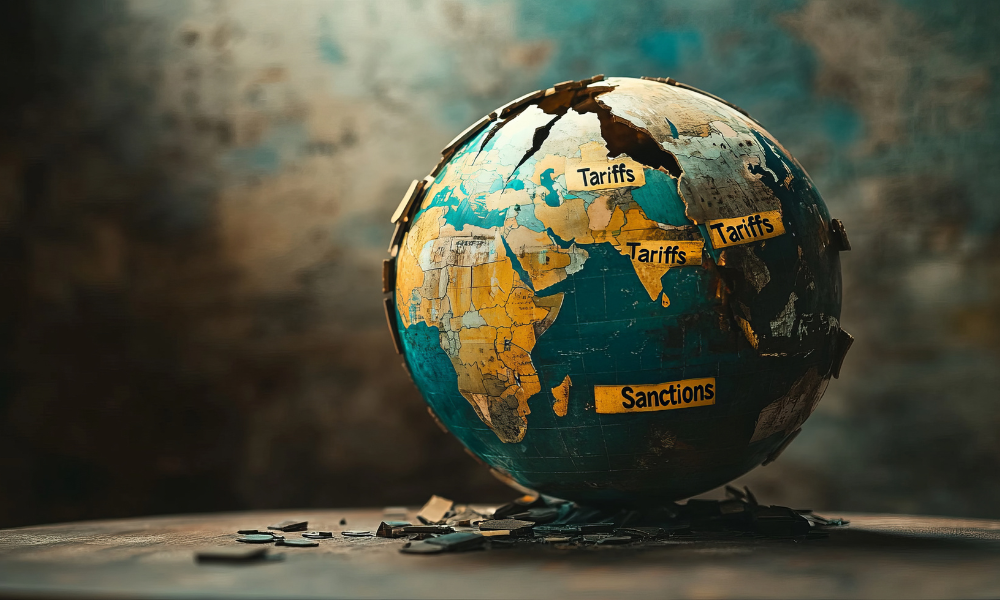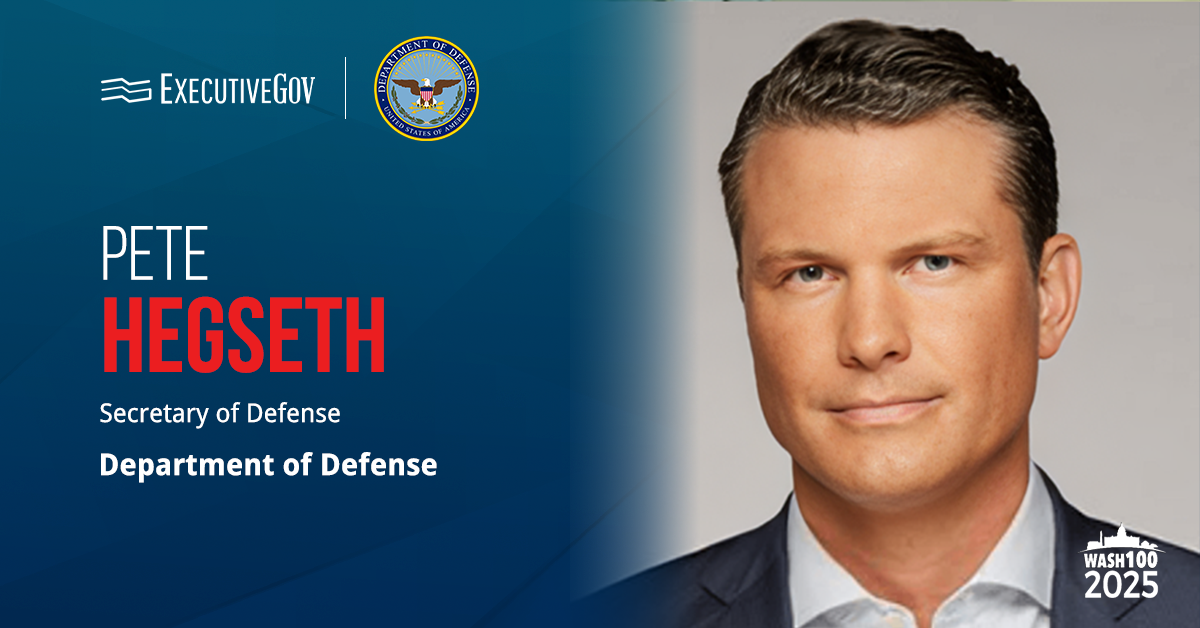After securing a long term cash flow from Japan by selling it LNG Trump has now secured another cash flow from India selling it oil.

Trump and Modi agree to make U.S. top supplier of oil, replacing Russia
U.S. to sell F-35 to India, extradite Mumbai bombing suspectasia.nikkei.com

Modi hails Trump ‘mega-partnership’ as leaders agree US-India energy deal
New announcement comes after Trump attacked India over climate for American businesseswww.independent.co.uk
India is also in the market for F35s.
....
So Trump is now selling our oil and gas to Japan and India..... still no business case.
Any additional exports of U.S. oil and gas will tend towards necessitating continued imports from Canada so that supply and demand balance out. That simply belies the process of tariffs on these products; the U.S. is leveraging comparative advantage in goods and services, and profiting off the more efficient allocation of those goods permitted when tariff barriers are reduced or eliminated.












